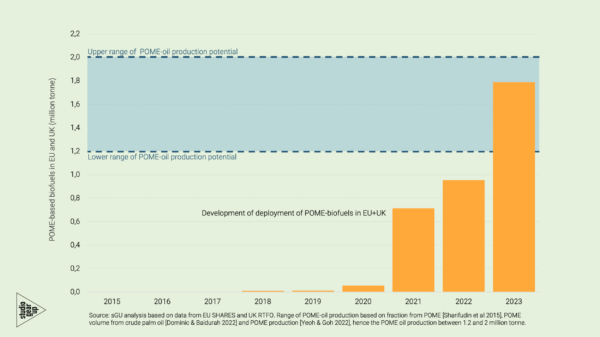For: Multinational Organisation
[Jun – Sep 2020]
The client is active in the field of a specific renewable fuel which can be used in the transport sector. studio Gear Up explained the basics of greenhouse gas accounting following the ISO 14040 standard, and how this relates to application of the methodology in prominent EU and US tools: Biograce and GREET respectively. We explained in great detail the methodology of the EU Renewable Energy Directive. We evaluated the carbon footprints that are publicly reported for the specific fuel. We discussed the quality of underlying data and how this could and should be improved with realistic industry practice data. Policy makers are currently basing support mechanisms on outdated assumptions and this could have great consequences for the appreciation of the renewable fuel.
As part of the assignment we executed an Industry Structure Analysis and a Materiality analyse to identify which external factors, like changing policy environment, may influence the industry sector’s operations. Understanding the greenhouse gas performance might give input to future strategic directions of the industry.


